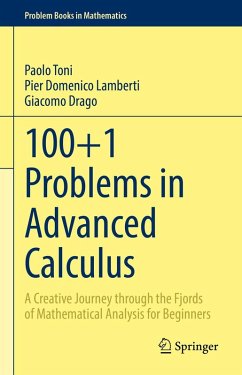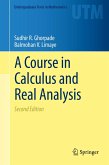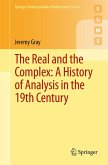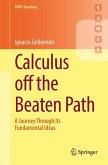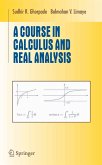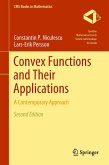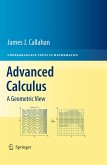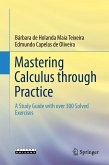This book convenes a collection of carefully selected problems in mathematical analysis, crafted to achieve maximum synergy between analytic geometry and algebra and favoring mathematical creativity in contrast to mere repetitive techniques. With eight chapters, this work guides the student through the basic principles of the subject, with a level of complexity that requires good use of imagination.
In this work, all the fundamental concepts seen in a first-year Calculus course are covered. Problems touch on topics like inequalities, elementary point-set topology, limits of real-valued functions, differentiation, classical theorems of differential calculus (Rolle, Lagrange, Cauchy, and l'Hospital), graphs of functions, and Riemann integrals and antiderivatives. Every chapter starts with a theoretical background, in which relevant definitions and theorems are provided; then, related problems are presented. Formalism is kept at a minimum, and solutions can be found atthe end of each chapter.
Instructors and students of Mathematical Analysis, Calculus and Advanced Calculus aimed at first-year undergraduates in Mathematics, Physics and Engineering courses can greatly benefit from this book, which can also serve as a rich supplement to any traditional textbook on these subjects as well.
Dieser Download kann aus rechtlichen Gründen nur mit Rechnungsadresse in A, B, BG, CY, CZ, D, DK, EW, E, FIN, F, GR, HR, H, IRL, I, LT, L, LR, M, NL, PL, P, R, S, SLO, SK ausgeliefert werden.
"This reviewer warmly welcomes the publication of this nice selection of problems and would recommend its use as a complimentary reading for analysis and calculus courses. ... The book under review nicely complements existing literature on the subject; it is a stimulating reading requiring, as suggested by the authors, a bit of critical reflection." (Svitlana P. Rogovchenko, zbMATH 1494.00003, 2022)
"A sequence of a traditional textbook for an undergraduate calculus course. From this standpoint, this book can be used as a supplement to any conventional calculus text. ... It is well known that students struggle with inducing abstract math concepts to gain insight into behavior in real-world phenomena to understand better those behaviors; including such examples is seen as a potential asset." (Andrzej Sokolowski, MAA Reviews, August 1, 2022)
"A sequence of a traditional textbook for an undergraduate calculus course. From this standpoint, this book can be used as a supplement to any conventional calculus text. ... It is well known that students struggle with inducing abstract math concepts to gain insight into behavior in real-world phenomena to understand better those behaviors; including such examples is seen as a potential asset." (Andrzej Sokolowski, MAA Reviews, August 1, 2022)

